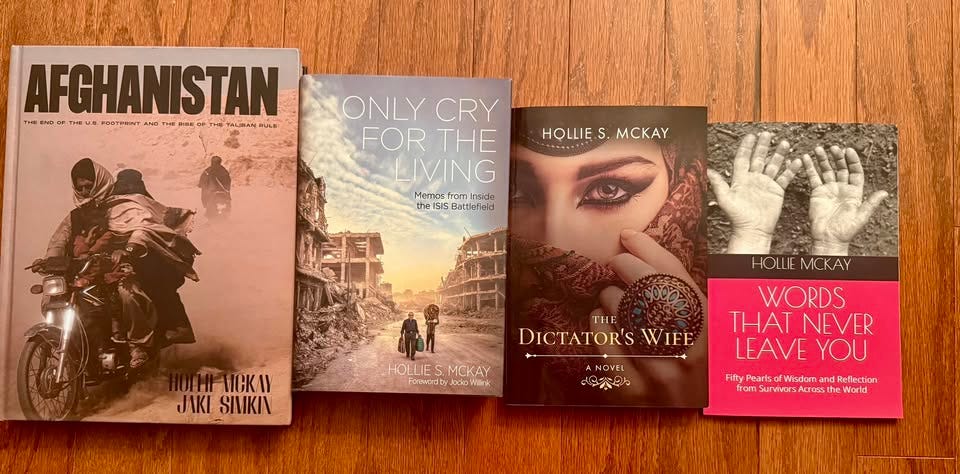For decades, the United States has grappled with the mental health crisis facing its veterans. With more than 6,000 veteran suicides each year and an estimated shortage of 40,000 mental health professionals at the Department of Veterans Affairs (VA), the need for innovative solutions has never been more urgent.
Enter Elanah.AI—a groundbreaking artificial intelligence chatbot designed to bridge the gap between no care and clinical intervention.
Elanah.AI was developed by Josh Otero, a longtime entrepreneur whose career began in the sports nutrition space before pivoting toward mental health advocacy. When the COVID-19 pandemic exacerbated social isolation and suicide rates among veterans, Otero recognized a glaring gap in accessible mental health support. This realization led him to found the Warrior Gamer Foundation, which used gaming as a vehicle for community building and mental well-being.
“We launched in 2020, and our first in-person event was in August 2021—a big international rugby tournament featuring an 8,600-square-foot esports arena. All branches of the military, including Space Force and the Coast Guard, participated,” Otero recalls. “It was a great success.”
But despite the foundation’s thriving community—including a Discord server with 2,700 active members—the organization faced a stark reality: volunteer-based peer support wasn’t scalable. With thousands of veterans in need, there was no feasible way to ensure every individual received help in crisis situations.
That challenge spurred the creation of Mama.AI, a company dedicated to providing AI-driven mental wellness solutions. At the heart of this initiative is Elanah.AI, an AI chatbot designed specifically to assist veterans, service members, and their families in navigating stress, career transitions, and personal challenges.
“Right now, the U.S. has a shortage of 250,000 mental health professionals. Many people don’t need a full medical diagnosis; they just need someone to talk to,” Otero explains. “That’s where Elanah comes in.”
Unlike traditional AI models, which pull information indiscriminately from the internet, Elanah operates as a vertical large language model (LLM), meaning it is trained exclusively on military-specific, research-backed mental health resources. This focus reduces the risk of misinformation and ensures that veterans receive relevant, trusted guidance.
While Elanah is not designed to diagnose or prescribe medication, it functions as a personalized wellness coach. Veterans can use it daily to track stress levels, set personal goals, and engage in micro-learning courses that build resilience and coping mechanisms.
“Our goal is to provide a tool that helps bridge the gap in care,” Otero says. “Since 2020, mental health issues have surged by 200%. Loneliness is at an all-time high, and suicide rates have increased. We want to be a wellness resource that gives people support before they reach a crisis point.”
The potential of AI in mental health care is vast. Recent studies indicate that AI-driven chatbots can reduce symptoms of depression and anxiety in users who engage with them regularly. Given the severe shortage of human therapists, AI could serve as an interim solution—offering immediate, round-the-clock support to those in need.
But can AI truly replace human therapists? That question remains hotly debated. While Elanah.AI offers accessibility and consistency, it lacks the deep empathy and nuanced understanding of human interaction that trained professionals provide. Some critics fear that reliance on AI could deter veterans from seeking more comprehensive mental health care when necessary.
Otero, however, sees Elanah as a complementary tool rather than a replacement.
“We’re not here to replace human therapists. We’re here to ensure that when someone feels alone, there’s always a resource available,” he emphasizes. “A conversation with Elanah could be the first step in getting someone the help they need.”

Elanah.AI is currently in open beta, with partnerships already forming with major institutions like Amazon Warriors—a veterans’ program within Amazon that serves 100,000 veteran employees. Otero envisions a future where Elanah is integrated into workplace wellness initiatives and government support programs, ensuring that veterans have access to mental health resources whenever they need them.
As the mental health crisis among veterans continues to escalate, the need for scalable, accessible solutions has never been greater. Whether AI is the future of combat trauma therapy remains to be seen, but with tools like Elanah.AI, one thing is certain—help is just a conversation away.
FOR EXCLUSIVE GLOBAL CONTENT AND DIRECT MESSAGING, PLEASE CONSIDER A PAID SUBSCRIPTION TO THIS SUBSTACK TO HELP KEEP INDEPENDENT, AGENDA-FREE WRITING AND JOURNALISM ALIVE. THANK YOU SO MUCH FOR YOUR SUPPORT.
For speaking queries please contact meta@metaspeakers.org
For ghostwriting, personalized mentoring or other writing/work-related queries please contact hollie@holliemckay.com
Follow me on Instagram and Twitter for more updates
Click to Purchase All Books Here



